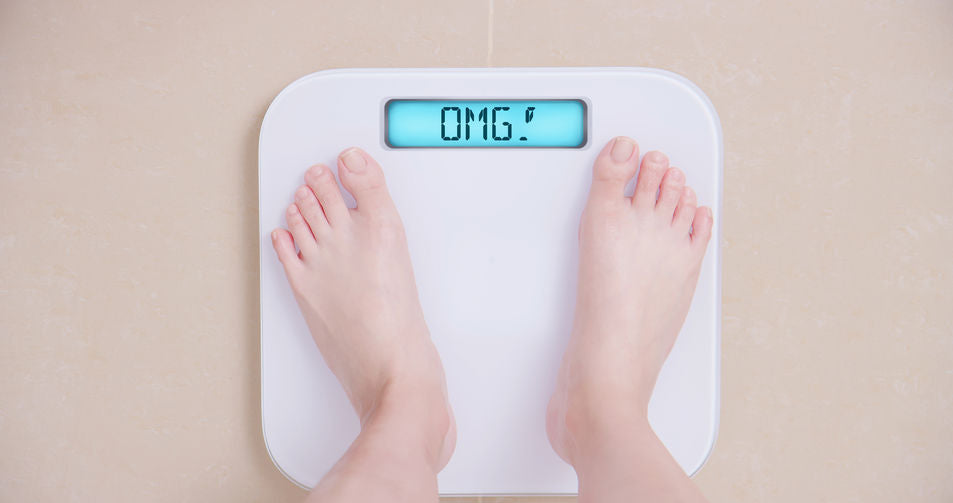The Overnight Diet: Can You Lose Weight While You Sleep? | Part III

I’ve been so intrigued by Dr. Caroline Apovian’s “Overnight Diet” that I’ve spent entirely too much time in the last week researching the science behind the weight loss strategy. The diet combines:
- Healthy sleep habits—mostly getting at least 8 hours,
- A modified high-protein diet, and
- One day of smoothies, or a “liquid diet” each week.
In my first blog on the subject, I covered the Overnight Diet basics. In my second blog, I explored some of the hormonal links between sleep and weight—how sleep deprivation can trigger hormonal responses that make you feel hungrier. I also said that there’s no way you can burn enough calories while you sleep to drop the kind of weight Apovian claims you will.
That may not be entirely true. Today, I want to spend a little time on what we know about sleep and metabolism. Then I’ll leave it to you to decide.
Sleep and Metabolism
In 2010, research reported in the Annals of Internal Medicine (and reported by Psychology Today) found that sleeping enough is, by itself, an exceptionally powerful diet aid. The study followed two groups, one which got 8.5 hours of sleep per night and one which got only 5.5 hours of sleep per night over two weeks. All ate about 1450 calories each day.
By the end of the study, those who got more sleep lost significantly more weight than the sleep-deprived group. More than half the weight lost over an 8.5-hour sleep span will be fat, while just one quarter of the weight lost during 5.5 hours is fat. Those who didn’t sleep enough actually lost 60 percent more muscle than the group that slept enough. So losing three hours of sleep each night, much like eating too little, can stress the body to the point that it preserves fat at the expense of muscle.
People who slept those extra three hours burned 400 more calories per night, on average—that’s 2800 per week! While it’s not the 7000 or 8000 calories you’d really need to burn two pounds of body fat overnight, it’s still a significant increase.
Apovian’s diet combines healthy eating, plenty of protein, a day of “liquid food,” and quality sleep habits to encourage weight loss. While I’m still hung up on “two pounds overnight,” it’s quite honestly one of the most well-rounded and thought-provoking weight loss strategies I’ve seen lately.
So what do you think? After looking at the science and the hype, can the diet make a difference?
Author Bio: +Michelle Gordon is a sleep expert who researches and writes about sleep and health, and is an online publisher for the latex mattress specialist Latexmattress.org.


